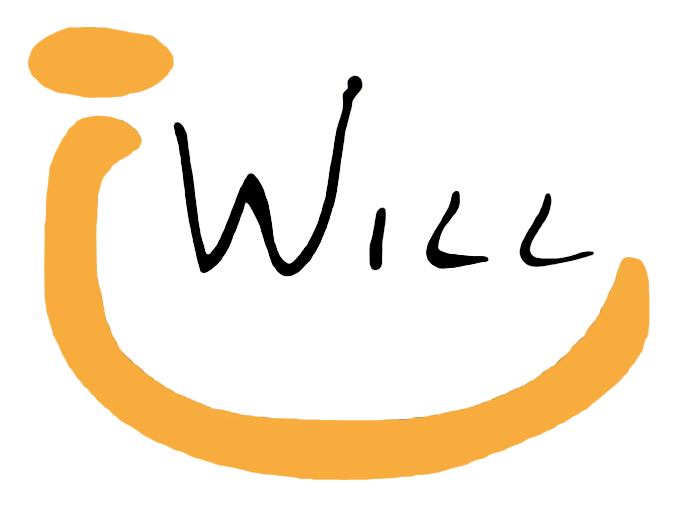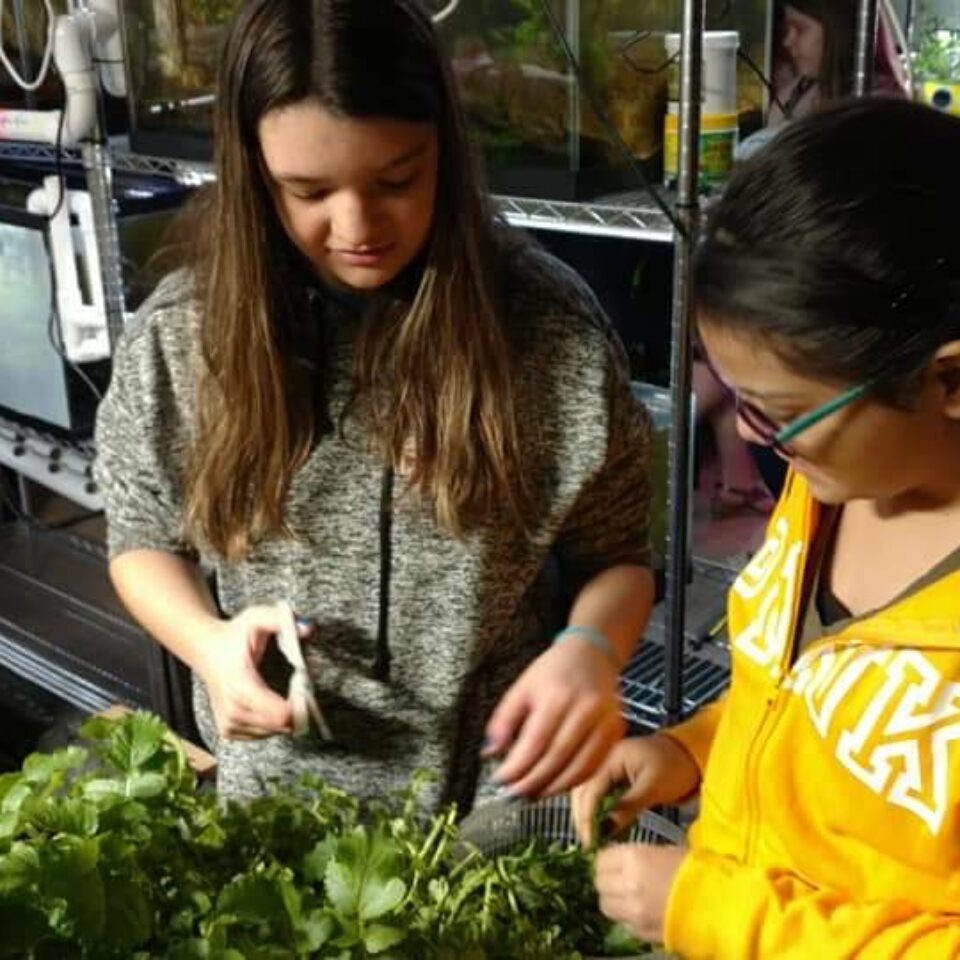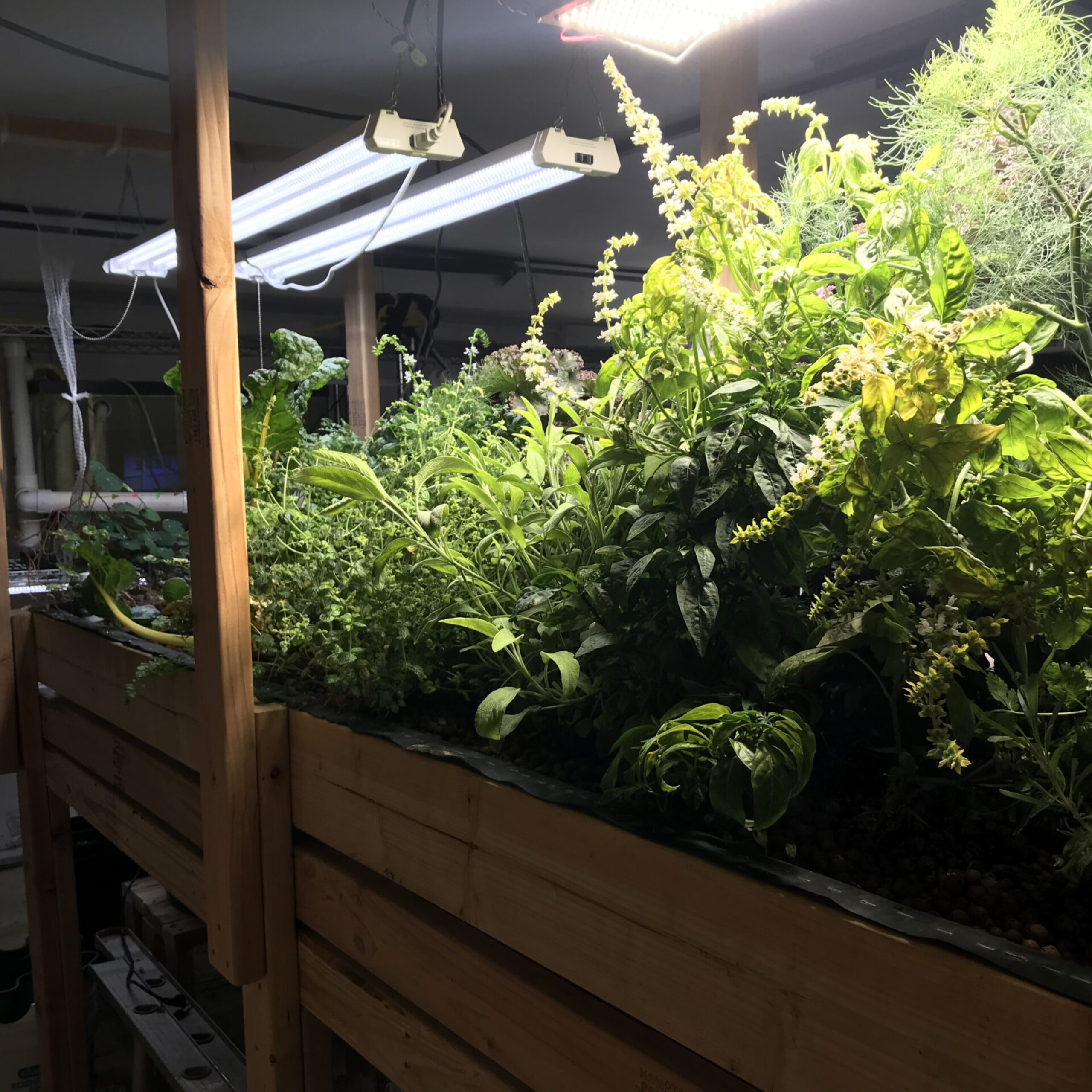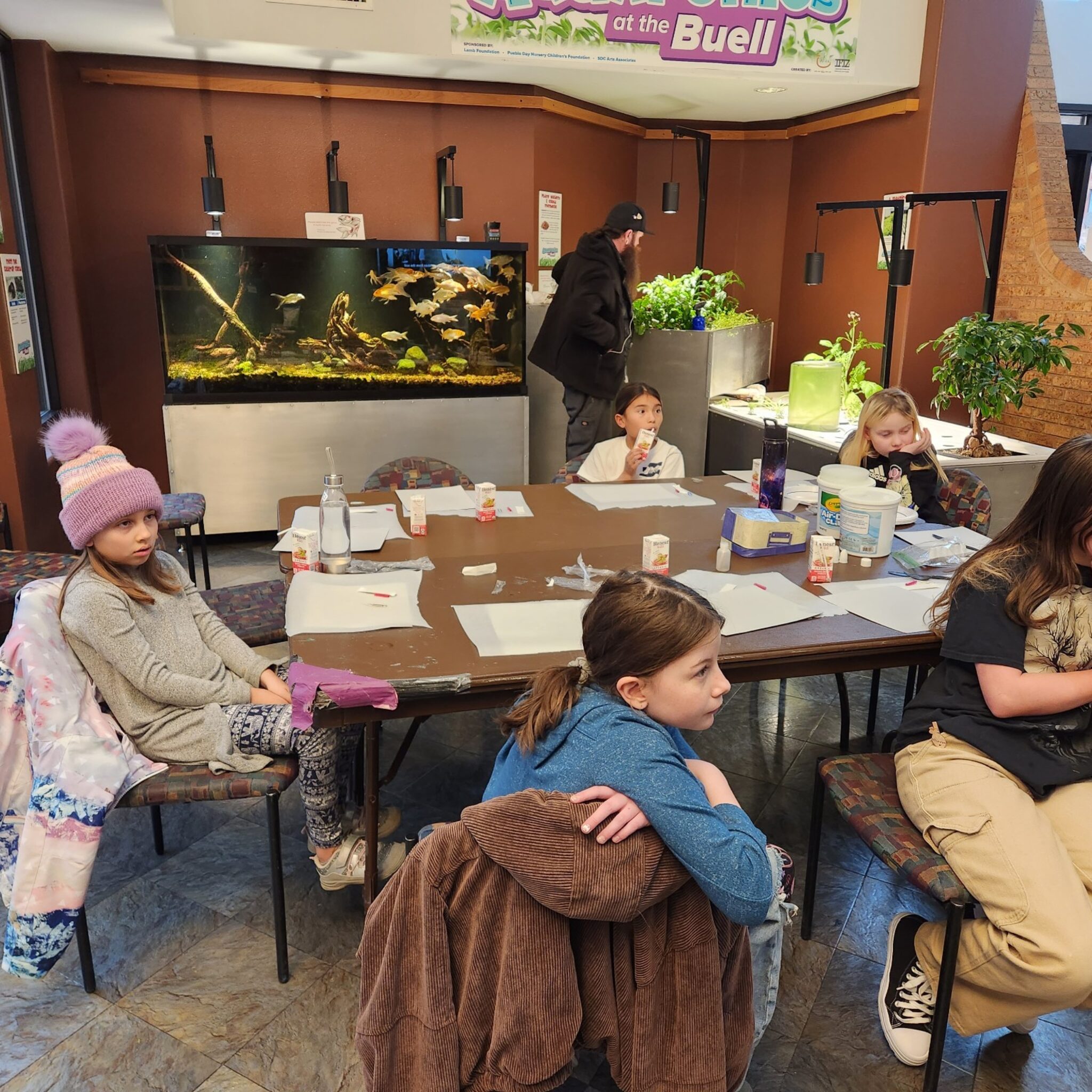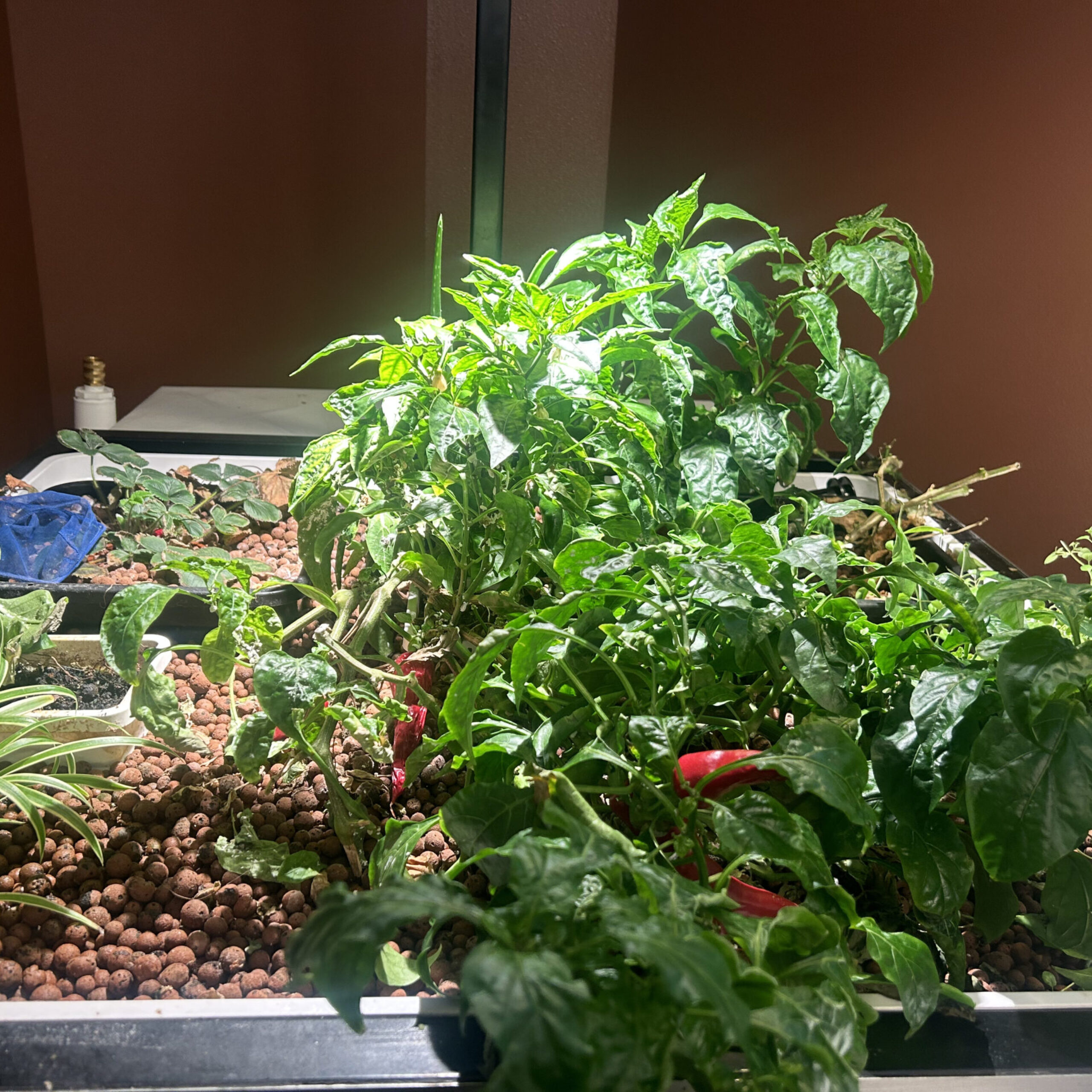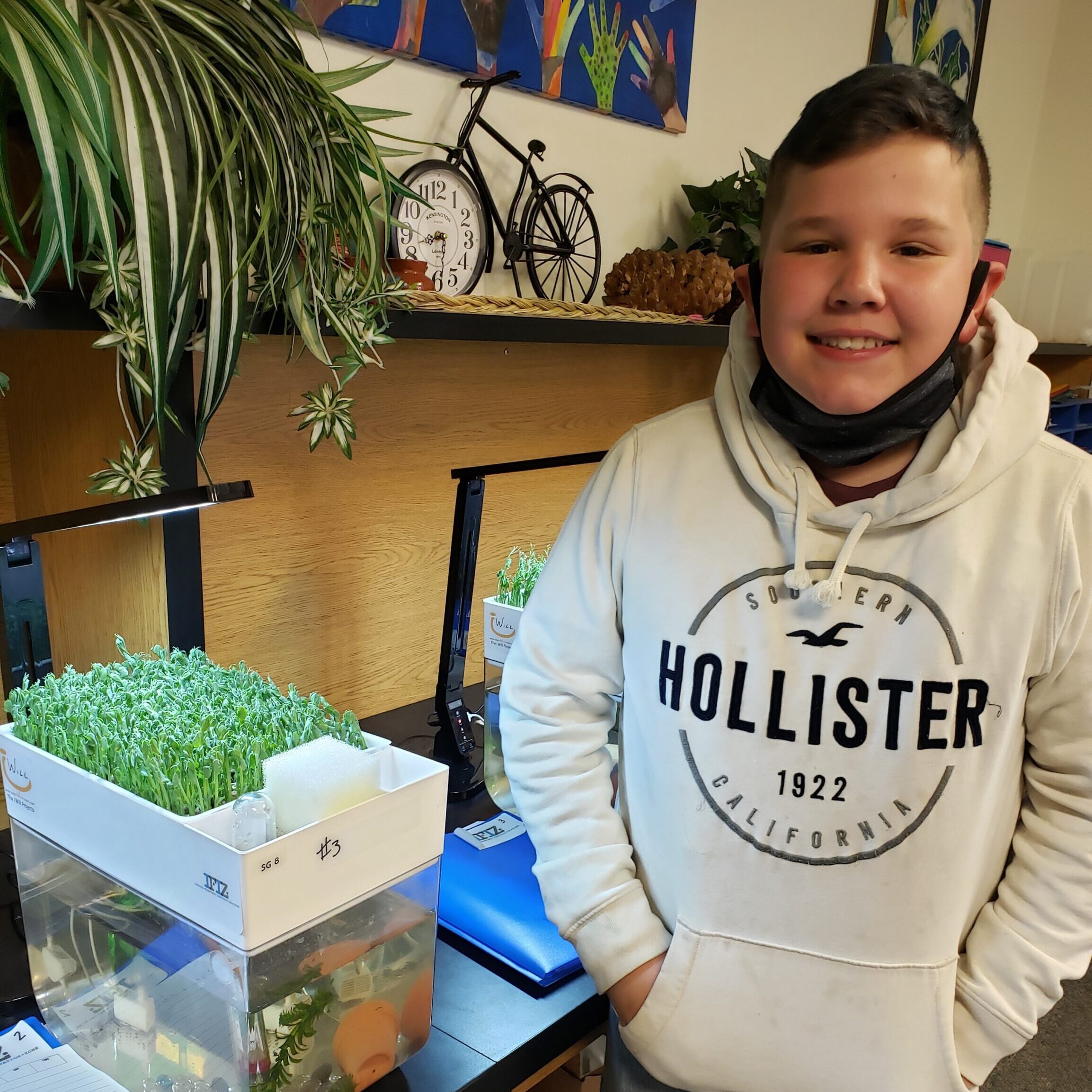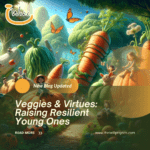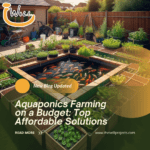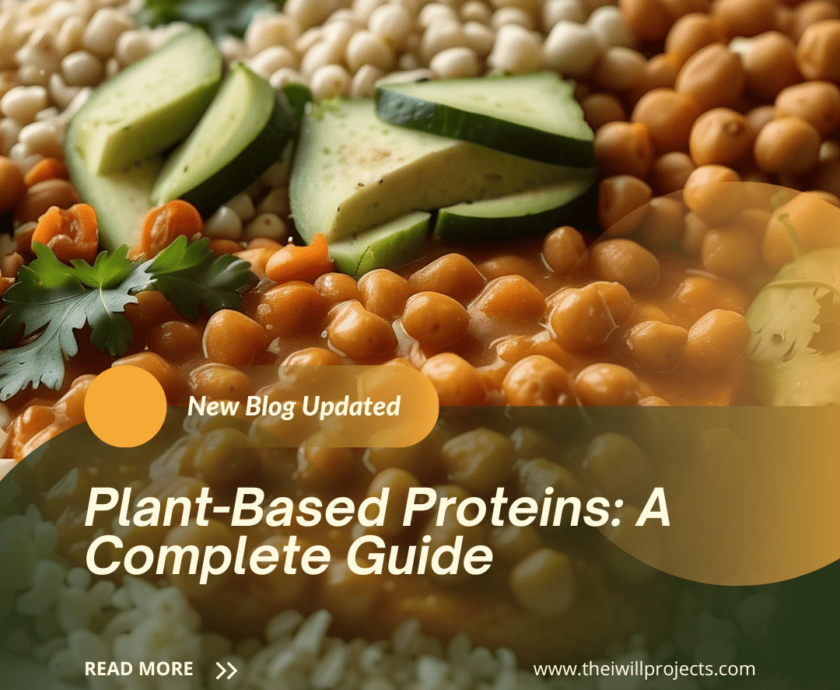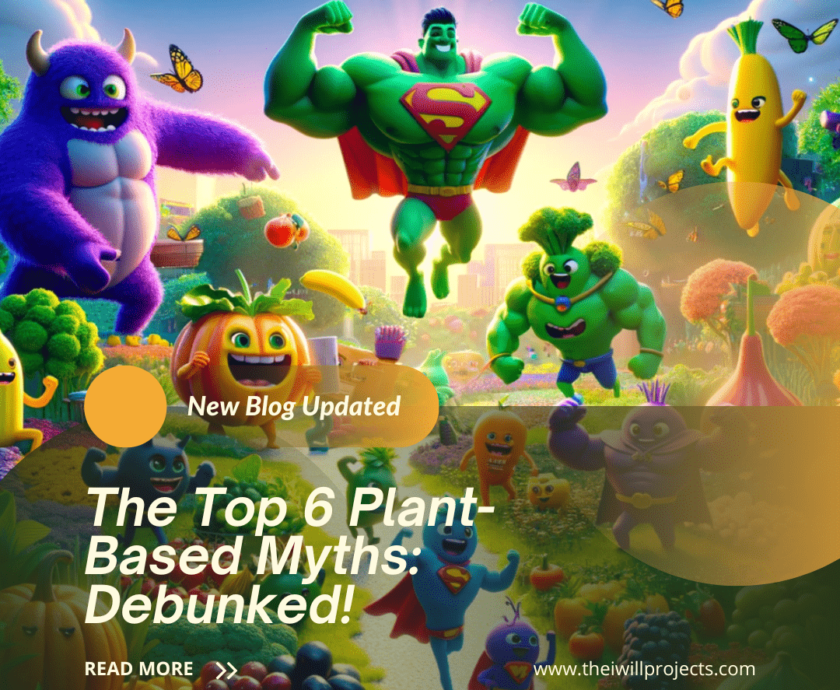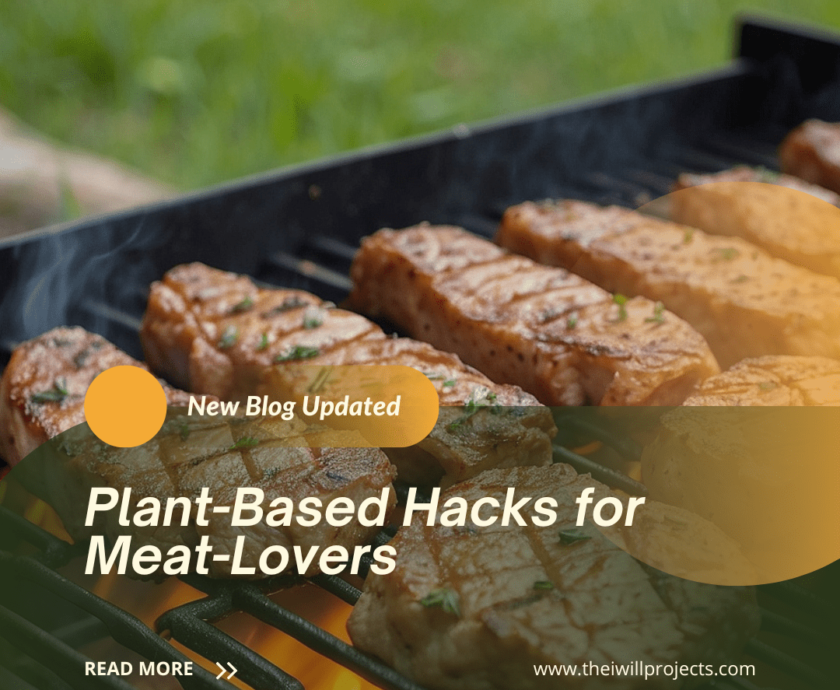“Being vegan is a principled refusal to add to the violence in the world; being plant-based is a diet.” – Victoria Moran
TweetTable of contents
- Introduction
- Understanding the Basics
- Health Implications: More Than Just a Diet
- Ethical Considerations: Beyond the Plate
- Environmental Impact: A Green Dilemma
- Lifestyle and Social Dynamics
- Nutritional Profiles: Balancing the Scales
- The Economic Angle: Cost and Accessibility
- Flavor and Culinary Diversity
- Challenges and Misconceptions
- Making the Choice: Which Path to Follow?
- Conclusion: Embracing Your Dietary Philosophy
- FAQs
Introduction
Have you ever been caught up in a discussion about diet and lifestyle, pondering over the distinctions between plant-based and vegan choices? The debate around ‘plant-based vs vegan’ is becoming increasingly prominent, yet it often leaves people in a fog of uncertainty. This article aims to clear the air, shedding light on the subtle differences and significant overlaps between diets centered around plant-based foods and those adopted for ethical reasons. As we delve into this topic, we’ll unravel the varied health outcomes and nutritional benefits associated with each choice, making sense of these often misunderstood terms. Join us as we simplify this intricate subject, making it as palatable and refreshing as your go-to salad!

Understanding the Basics
What’s in a Name? Often, the terms ‘plant-based’ and ‘vegan’ are used interchangeably, but they’re not identical twins; they’re more like close cousins. The plant-based diet is like a canvas painted primarily with plants, allowing for occasional splashes of animal-based products like honey. It’s less about strict adherence and more about a general preference for plants. On the other hand, veganism is a commitment, a lifestyle choice that excludes all forms of animal exploitation and cruelty, not just in food but in all aspects of life. It’s a holistic approach that goes beyond diet to include clothing, cosmetics, and other products.
Health Implications: More Than Just a Diet
A Journey to Wellness: Both diets have their health perks. A plant-based diet is like a health-conscious friend who encourages you to eat more fruits, vegetables, whole grains, nuts, and seeds, while being flexible enough to enjoy a variety of foods. This flexibility can make it more sustainable and easier to adhere to in the long run. Veganism, with its strict exclusion of all animal products, can also lead to health benefits. However, it requires careful planning to ensure all nutritional needs are met, especially when it comes to protein, vitamin B12, iron, and omega-3 fatty acids. Both diets, when well-planned, can lead to improved heart health, weight management, and reduced risk of chronic diseases.
Ethical Considerations: Beyond the Plate
A Stand Against Cruelty: Here’s where veganism really stands out. It’s not just about what’s on your plate; it’s a stance against animal cruelty and exploitation in all forms. This ethical standpoint resonates deeply with many vegans, who view their diet as part of a larger advocacy for animal rights. The plant-based diet, while it may reduce the consumption of animal products, doesn’t inherently carry the same ethical connotations. It’s more of a personal health choice rather than a moral or ethical crusade.
Environmental Impact: A Green Dilemma
Saving Our Planet, One Meal at a Time: Both diets are greener than traditional omnivorous diets, but they have different environmental footprints. The plant-based diet, by focusing on plants and minimizing animal products, helps reduce greenhouse gas emissions, water usage, and land needed for agriculture. Veganism takes this a step further by completely eliminating the demand for animal agriculture, which is a major contributor to environmental degradation. In this battle against climate change, both diets play a crucial role, but veganism might just have the upper hand in terms of environmental conservation.
Lifestyle and Social Dynamics
Navigating the Social Waters: Adopting either a plant-based or vegan diet can have social implications. Imagine going to a barbecue and finding limited options that suit your dietary choices. Plant-based eaters might find it easier to navigate social dining situations, as their diet is more flexible. Vegans, however, might face more challenges due to their strict dietary restrictions. This can lead to a feeling of social isolation or the need to constantly explain their choices. However, it’s also an opportunity to educate others and possibly inspire them to make more conscious food choices.
Nutritional Profiles: Balancing the Scales
Meeting Your Body’s Needs: When it comes to nutrition, both diets require careful planning to ensure a well-rounded intake of essential nutrients. For plant-based eaters, the occasional inclusion of animal products provides a safety net for nutrients like B12, iron, and omega-3s. Vegans, on the other hand, need to be more vigilant, seeking out plant-based sources of these nutrients or relying on fortified foods and supplements. It’s like walking a tightrope – it requires balance, attention, and sometimes a safety net.
The Economic Angle: Cost and Accessibility
Budget-Friendly or Wallet-Weary? There’s a common misconception that both plant-based and vegan diets are inherently expensive. However, this isn’t necessarily true. Both diets can be budget-friendly, especially when focusing on whole foods like grains, beans, and seasonal vegetables, rather than expensive meat substitutes and specialty products. The key is smart shopping and meal planning. In terms of accessibility, plant-based diets might have a slight advantage, as they allow for a wider range of food options, including more readily available and affordable animal products.
Flavor and Culinary Diversity
A Feast for the Senses: Gone are the days when plant-based and vegan diets were synonymous with bland and boring meals. Today, the culinary world of both diets is rich, diverse, and incredibly flavorful. From hearty plant-based burgers to sumptuous vegan desserts, the options are endless. The plant-based diet, with its occasional use of animal products, offers a familiar flavor profile for those transitioning from a traditional diet. Vegan cuisine, meanwhile, often involves more creativity in the kitchen, leading to exciting and innovative dishes.
Challenges and Misconceptions
Clearing the Air: Both the plant-based and vegan diets encounter unique hurdles and misunderstandings. The plant-based diet, with its flexible boundaries, can be hard to pin down. This ambiguity arises because the diet varies widely among individuals. Some plant-based eaters adhere strictly to a diet of solely plants, avoiding all animal products and processed foods, while others may incorporate these elements occasionally. Veganism, conversely, faces the challenge of gaining social acceptance and battling the misconception of being nutritionally deficient or excessively restrictive. Acknowledging the validity and healthfulness of both diets is crucial, as each presents its own advantages and factors to consider for a well-rounded lifestyle.
Making the Choice: Which Path to Follow?
Your Diet, Your Rules: Deciding between a plant-based and vegan diet is a personal choice, influenced by health goals, ethical beliefs, environmental concerns, and lifestyle preferences. It’s like choosing between two paths in a forest – both lead to a healthier, more sustainable future, but the journey on each path is unique.
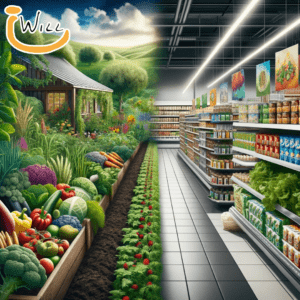
Conclusion: Embracing Your Dietary Philosophy
Making a Conscious Choice in the Plant-Based vs Vegan Debate: Ultimately, the decision to follow a plant-based or vegan lifestyle hinges on informed, passionate commitment. Whether your motivation stems from health reasons, reducing your carbon footprint, ethical concerns about using animals for food, or simply a desire to consume more natural foods, your choice reflects a deep alignment with your personal values. A plant-based diet, sometimes flexible enough to occasionally include dairy products, or a vegan lifestyle, prioritizing plant protein, both contribute to a healthy diet and optimal health. Remember, each meal you consume is more than sustenance; it’s a testament to your stance on environmental reasons, your health, and the wellbeing of our planet. Embrace your dietary philosophy not just as a way of eating, but as a way of living that resonates with your ideals and aspirations.
FAQs
Can you be healthy on a vegan diet?
Absolutely! A vegan diet can be nutritionally complete with careful planning and a focus on variety to ensure all nutrient needs are met.
Is a plant-based diet the same as a vegan diet?
Not exactly. While both emphasize plant foods, a plant-based diet may at times include small amounts of animal products, whereas a vegan diet completely excludes meat.
Are plant-based or vegan diets more expensive?
Not necessarily. Both can be budget-friendly, especially when focusing on whole, unprocessed foods like grains, beans, and seasonal vegetables.
Can children follow a plant-based or vegan diet safely?
Yes, with careful planning to ensure they get all the necessary nutrients for growth and development.
Do plant-based or vegan diets provide enough protein?
Yes, both diets can provide sufficient protein through sources like legumes, tofu, nuts, and seeds, along with whole grains and vegetables.
The I Will Projects, a 501c3 Non-Profit, promotes diverse solutions for global challenges. Our IFIZ education programs, emphasizing aquaponics, and insect farming, empower communities through knowledge, collaboration, and sustainable innovation. Learn more here.
Disclaimer: This blog post provides general health and nutritional information. The author is not a medical professional, and the content should not be used as a substitute for professional medical advice, diagnosis, or treatment. Any application of the material provided is at the reader’s discretion and is their sole responsibility. If you have a medical concern or emergency, please consult with a healthcare provider.
References:
d-belardo-md.medium.com/plant-based-versus-vegan-whats-the-difference-27439c103d66
ice.edu/blog/whats-difference-between-plant-based-and-vegan
eatingwell.com/article/8026238/plant-based-vs-vegan
mindbodygreen.com/articles/plant-based-vs-vegan
heartfoundation.org.nz/wellbeing/healthy-eating/nutrition-facts/plant-based-vegetarian-vegan-diets
vegnews.com/vegan-guides/vegan-versus-plant-based-difference
prevention.com/food-nutrition/healthy-eating/a31229684/plant-based-vs-vegan-diet/
